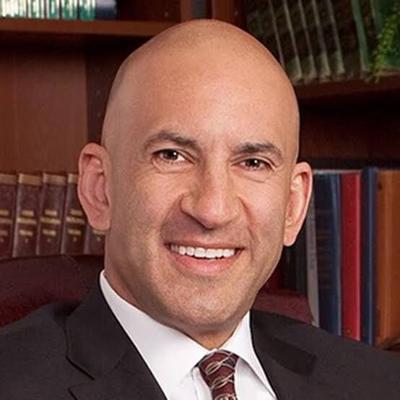The recent Supreme Court decision upholding a Texas law intended to protect kids from exposure to internet pornography was a win for common sense and common decency.
Perhaps more important, it was a signal that technology companies, especially social media and online entertainment distributors, might have lost a little of the generous legal cover that has permitted them to act with near impunity in ways that brick-and-mortar operations could never dream of.
The question at hand revolved around Texas House Bill 1181, authored by Rep. Matt Shaheen, R-Prosper, and signed into law in 2023.

Shaheen
The law requires that websites where more than one-third of the content is “sexual material harmful to minors” verify the age of viewers through either a government ID or a valid transactional document that includes proof of age.
People are also reading…
Children have no constitutional right to access porn, and the state has a strong interest in protecting kids from such material. The question before the court was whether Texas’ law overly burdens adults who want to exercise their First Amendment right to see legal sexual content.
Under the strictest standard of scrutiny, Texas would have to prove it had no less restrictive means to protect kids. The law almost surely would have failed that hypothetical test. Thanks to the court’s 6-3 ruling, Texas’ law stands as written and the burden of age verification is placed on websites.
In our eyes, this marks an important shift. For too long, tech companies have done all they can to ensure they have no burden around their content. Among their defenses is that parents should monitor kids’ internet use or install tracking software on their phones. Always, it’s the parents who must do more and more, not the companies that benefit from the least possible restrictions.
That needs to change, and the court’s ruling properly notes that internet companies can be treated in the same way the corner store is. No one would reasonably accept a clerk selling smut to kids, but we have given that right to online porn purveyors.
Our hope is that this ruling helps reset the way lawmakers and the courts approach technology companies generally. Porn websites are not the only place where kids access material that they would never be able to buy from behind the convenience store counter. Social media is rife with obscene content that would fall under HB 1181’s definition of pornography. And they do a notoriously poor job of restricting access to kids.
These companies should be subject to much stricter regulatory oversight that acknowledges just because something is on the internet doesn’t mean it should be outside of the reach of the law.











